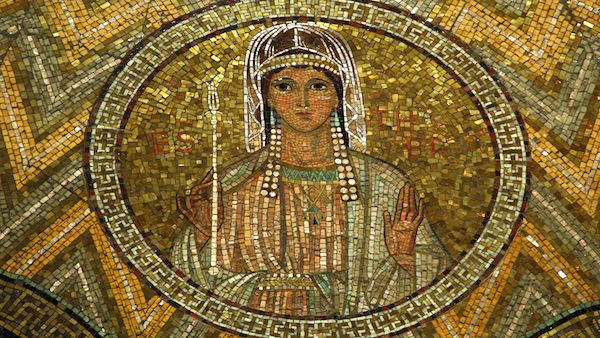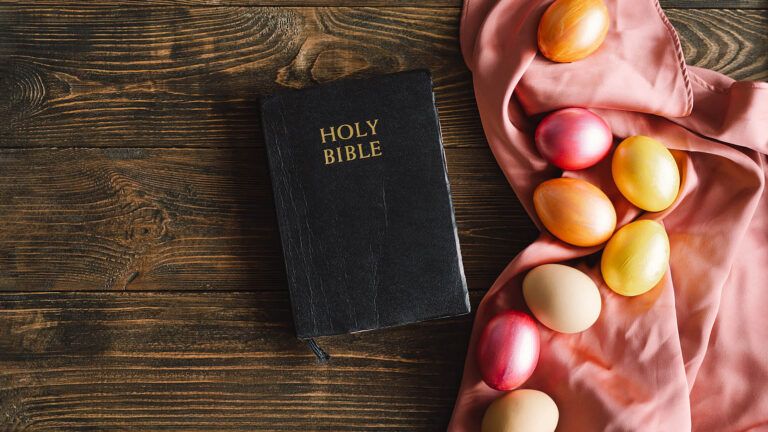One of my favorite ways to pray for people—especially those I know best and love most—is by praying the traits of Bible greats for them.
There is a wonderful scene in the stage and movie musical, Fiddler on the Roof, in which the family of Tevye and Golde gathers around the table to begin their Sabbath (Shabbat) celebration. As the family stands, Golde lights the Sabbath candles, and the song, “Sabbath Prayer” begins as the parents sing and pray and ask for God to protect and bless their daughters (they have only daughters), for them to be like the biblical heroes Ruth and Esther.
It is a beautiful, evocative song, and one that has long guided my prayers for my loved ones. I first started imitating Tevye and Golde when performing child dedications as a pastor. I would hold the child (or, in some cases, simply place my hand on the child’s head) and pray for him or her to be like a specific Bible character (whom I had prayerfully chosen beforehand).
Sometimes the baby’s name supplied the inspiration, such as when I prayed for Levi to be like—you guessed it—Levi, the third son of Jacob and Leah, who became a priest and the father of a tribe of priests. At other times, something about the child’s physical appearance (hair color, for example) or personality trait (such as feistiness) might suggest a “prayer patron.”
That practice soon led to something similar in my personal prayer times for family and friends. I might pray for my daughter before a job interview to be like Esther, who bravely entered a Persian king’s presence and was granted favor.
I might pray for a sick grandchild to be like King Hezekiah who was sick to the point of death and was healed in answer to his prayers. I might pray for a struggling pastor friend to be like Moses, who learned from his father-in-law to share the leadership load and delegate responsibility to others.
Sometimes I carry on this practice without knowing of a specific need or situation. I can always feel confident in praying for someone to be like David, the shepherd king of Israel, who defeated a giant, worshiped with abandon, repented fully and forgave freely, and left a legacy of prayer and song that has lasted thousands of years.
Likewise, I find great reward in praying for a friend or family member to be made like Enoch, who walked with God, or Jacob, who wrestled with God, or Andrew, who seemed always to be bringing people to Jesus.
I don’t pray the traits of Bible greats only for others, however. I pray them for myself, too—a practice that constantly enriches and refreshes both my Bible reading and my praying.





